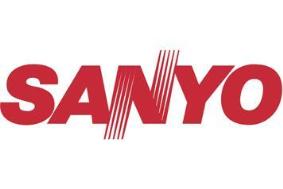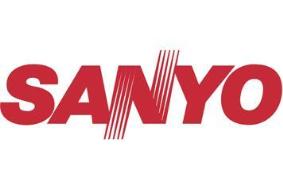JAPAN NEWS: Panasonic planning takeover of Sanyo?
£4bn+ deal would create Japan's largest electronics company


It sold off its mobile phone unit to Kyocera earlier this year, and a couple of years back issued almost £2bn of preferred shares to institutional investors.
Converted into common shares, that stock would give Sanyo's three major creditors – Goldman Sachs, Sumitomo Mitsui Bank and Daiwa Securities - around 70% of the company in terms of voting rights. It was thought before the weekend that Panasonic was planning to buy out those shares at a cost of some £3.9bn, based on the current share price of Sanyo.
But reports from Japan over the weekend suggest that Panasonic may go even further, buying up all of Sanyo and making the company a wholly-owned subsidiary.
It's thought that Sanyo's brand name would not be affected by such a takeover, that the company would continue to be managed independently, and the jobs of Sanyo's 100,000 employees would be safe.
Panasonic's intention in buying Sanyo, for what's seen as a bargain price, would be to gain a dominant market share in lithium-ion batteries, and also acquire Sanyo's solar cell technology.
Based on the joint sales of the two companies, the new combine would also overtake the current industry leader, Hitachi, in terms of sales.
There's also a little history to be considered in the takeover of Sanyo by Panasonic.
After some time spent at sea in his early life – from which he later took the name of his company, 'san yo' meaning three oceans – founder Toshio Iue moved back to his home town. His sister had just married Konosuke Matsushita, who ran a small electrical appliance company in Osaka.
Iue soon moved to Osaka, where he worked with his sister and brother-in-law making electrical sockets. A year later Matsushita founded the electrical company that bore his name until it formally renamed itself Panasonic Corp last month.
Iue worked with Matsushita until 1946, when he founded his own company, first making desk lamps for the occupying allied forces.
He soon had the idea for dynamo-powered bicycle lamps, and with the loan of an empty Matsushita factory, Sanyo opened for business in 1947.
Get the What Hi-Fi? Newsletter
The latest hi-fi, home cinema and tech news, reviews, buying advice and deals, direct to your inbox.
